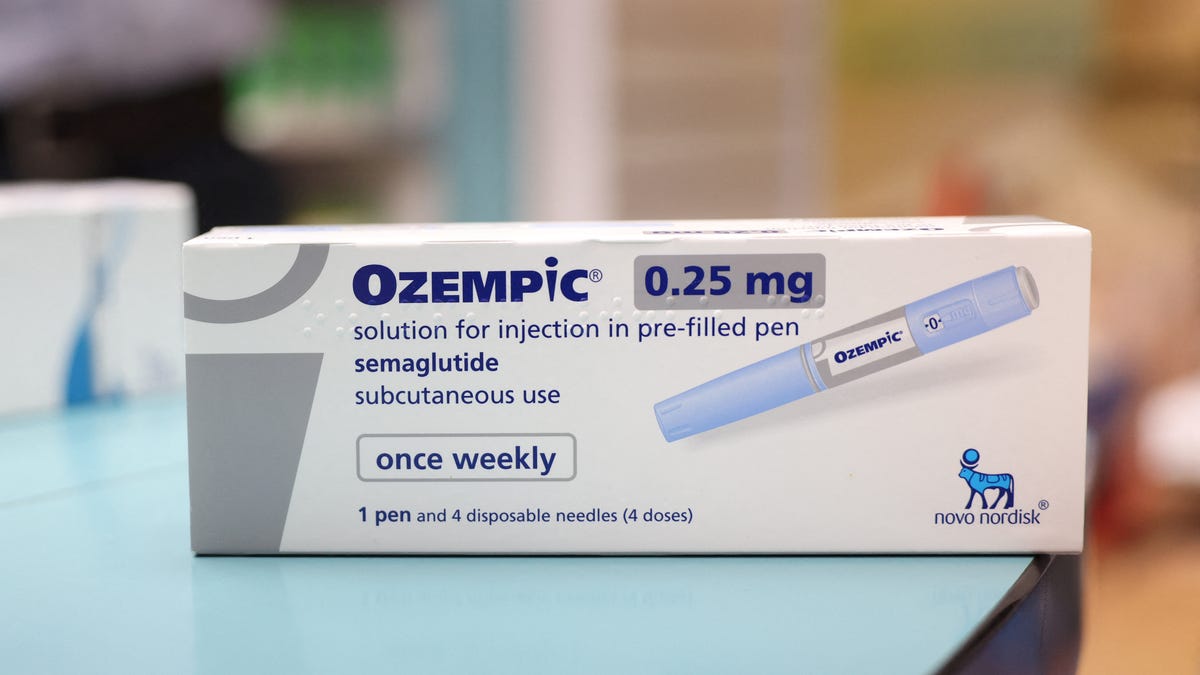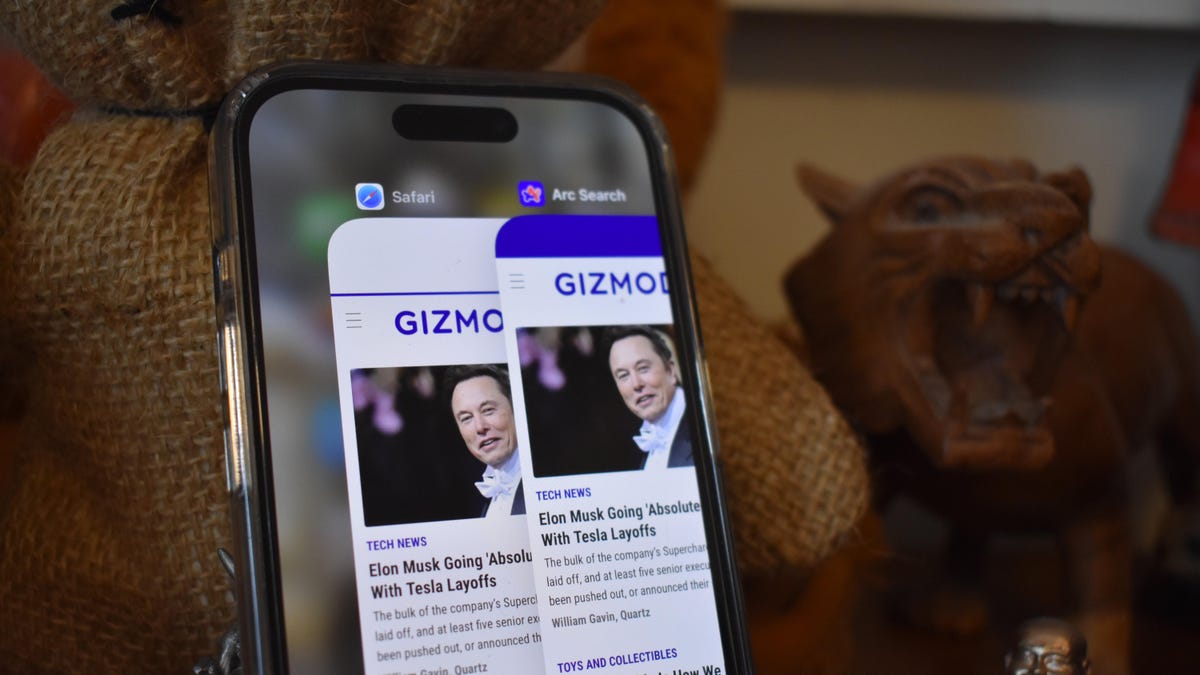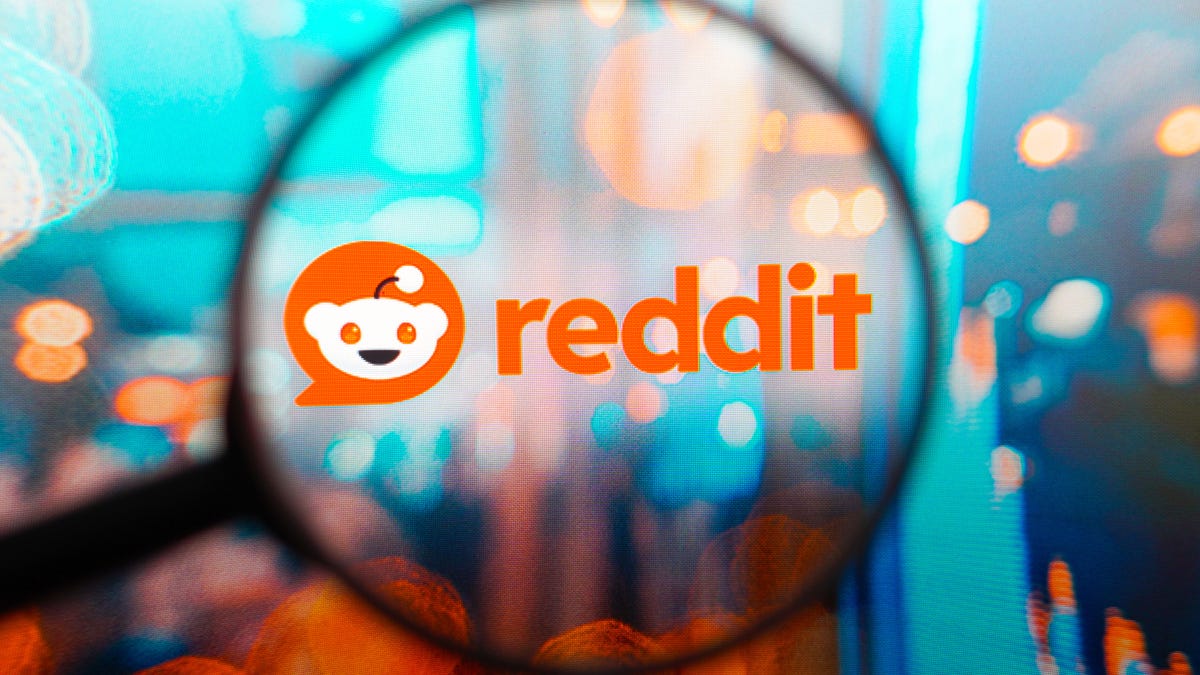The Impact of GLP-1 Drugs on Tobacco and Alcohol Consumption
A recent report from Morgan Stanley has shed light on the potential impact of GLP-1 drugs on tobacco and alcohol consumption. GLP-1 drugs, such as Ozempic, Wegovy, Mounjaro, and Zepbound, have gained popularity for their ability to suppress appetite and aid in weight loss. According to the report, users of these medications have shown a significant decrease in their consumption of tobacco and alcohol.
Survey Findings
The investment bank conducted a survey with approximately 300 GLP-1 users to analyze their consumption habits while taking the medication. The results revealed that a considerable number of users reported a reduction in their tobacco and alcohol intake after starting the treatment.
Before initiating GLP-1 therapy, 40% of respondents admitted to smoking cigarettes at least weekly. However, this percentage decreased to 24% once they began the treatment. Additionally, the use of e-cigarettes among respondents dropped from 30% to 16% after starting GLP-1 medication.
Regarding alcohol consumption, the survey indicated that 56-62% of alcohol consumers on GLP-1s reported drinking less alcohol since commencing the treatment. Furthermore, 14-18% of respondents claimed to have completely cut down on their alcohol consumption.
Potential Effects on Addictive Behaviors
While the analysts at Morgan Stanley have refrained from drawing definitive conclusions about the impact of GLP-1 drugs on addictive behaviors, anecdotal evidence from patients and healthcare providers suggests that these medications may assist in curbing addictions to alcohol and tobacco.
Although research has yet to establish a causal link between GLP-1 drugs and reduced tobacco and alcohol consumption, clinical trials are currently underway to further investigate this phenomenon.
Future Projections
Morgan Stanley anticipates that the demand for GLP-1 drugs will continue to rise significantly in the coming years. The global market for GLP-1 medications is projected to reach $105 billion by 2030, with an estimated 31.5 million people in the U.S. expected to adopt these drugs by 2035, constituting approximately 9% of the nation’s population.
These findings underscore the potential of GLP-1 drugs not only in promoting weight loss but also in potentially reducing tobacco and alcohol consumption among users.
Image/Photo credit: source url





